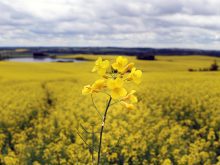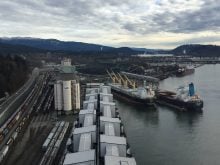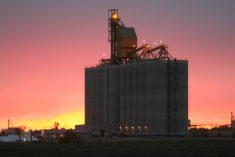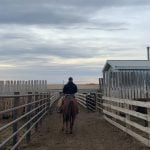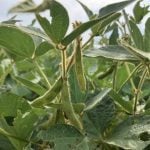Measuring success on the farm depends on what the goal was in the first place.
On the Kahkewistahaw First Nation, profit certainly enters into the equation.
But Kelsey Kaysaywaysemat, director of corporate operations in the band’s economic development department, said the ultimate goal of the band’s potato operation is independence.
“It allows us to feel like we’re trying to determine some self-sufficiency,” he said. “It’s self-determination.”
Other First Nations are also looking to agriculture with that in mind. Nearly half of Saskatchewan’s bands were part of a treaty land entitlement, or TLE, process that enabled them to buy land they should have obtained when they first signed treaties with Ottawa more than a century ago. That process is almost complete and will eventually see the transfer of nearly two million acres, most of them rural, to First Nations.
Read Also
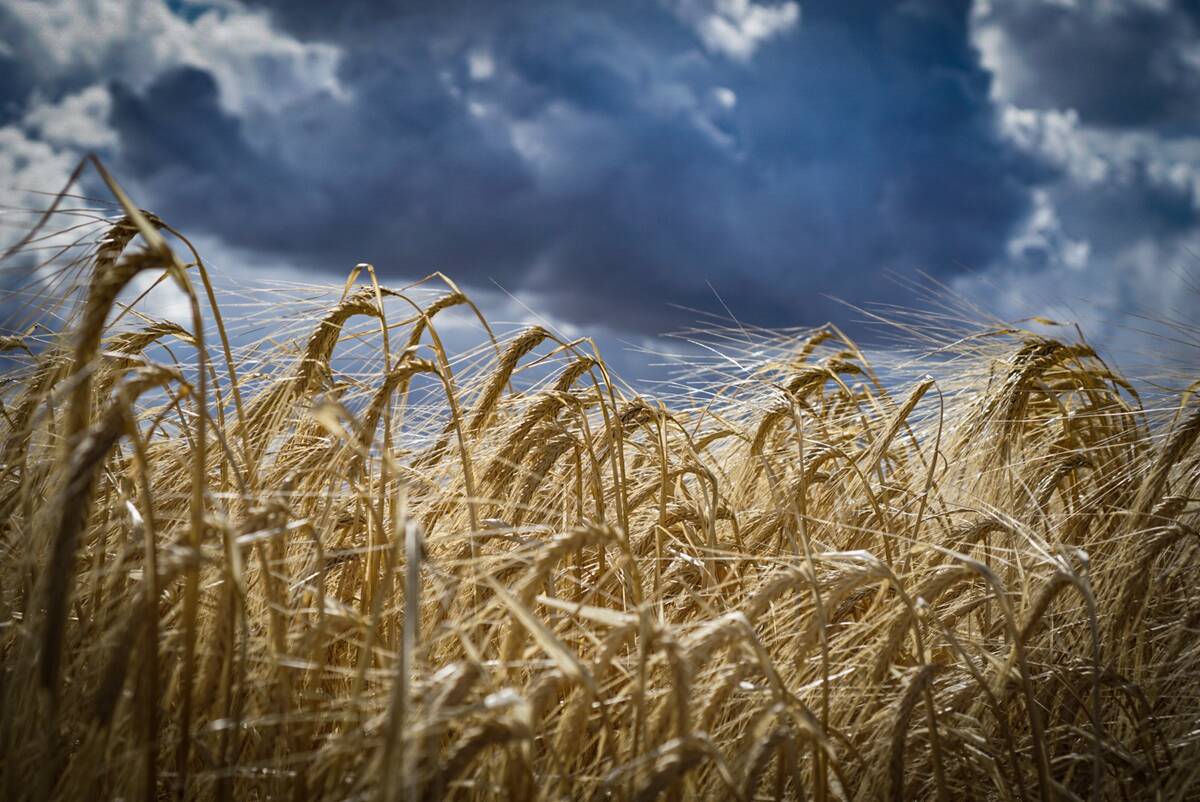
Malting barley exporters target Mexican market
Canada’s barley sector is setting its sights on the Mexican market to help mop up some of the lost demand from China
But what will they do with that land?
Few are looking at becoming grain farmers because the economics are too challenging. Others have expanded hay and pasture lands with a view to larger cattle and bison operations.
Although Kahkewistahaw didn’t have a TLE claim, the band members looked at their land north of Broadview, Sask., along the south side of the Qu’Appelle Valley, and saw an opportunity.
They already had 72 Bar Ranch, a cattle operation that runs more than 500 head.
They established Round Lake Fresh Produce as a seed potato operation in the spring of 2002.
Kaysaywaysemat said potatoes would nicely complement cereal and oilseeds crops and help offset potential revenue losses in the grains and oilseeds sector. Irrigation was available from the Qu’Appelle River.
However, quality issues prompted the change to producing for the table market. Last year the band planted 47 acres of the 80-day Red Norland variety. Kaysaywaysemat said they will plant considerably more this year. There are about 200 acres available. Crop rotations this year will include oats and barley.
Kaysaywaysemat said the challenges are to continue to improve the quality of the potatoes and to market them. A Manitoba processor that used to buy potatoes from the band has gone out of business.
The ideas of establishing a marketplace and a community garden or growing other vegetable crops have been discussed.
From the perspective of using land and creating employment, Round Lake Fresh Produce has been successful. From another perspective, it’s been a struggle.
“We need to create a network to provide us with advice,” Kaysaywaysemat said. “It’s been a major learning curve the last three years.”
He said other First Nations that want to farm should consider what they want to achieve. Return on investment might not happen as quickly as they’d like, and the investment is large.
“We’re looking positive towards this still,” he said. “We still think it provides benefits.”





